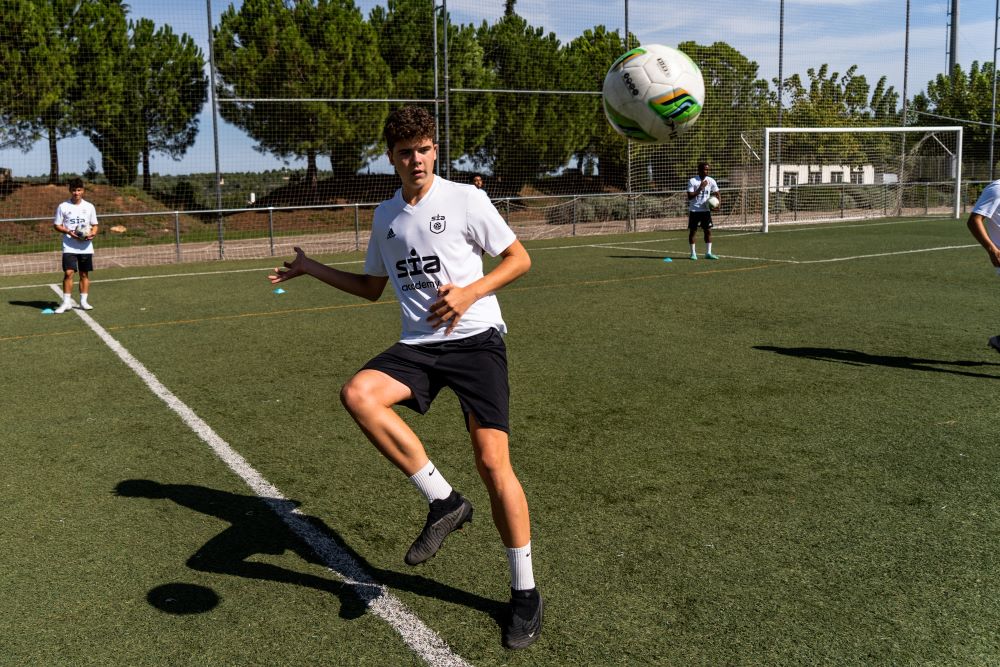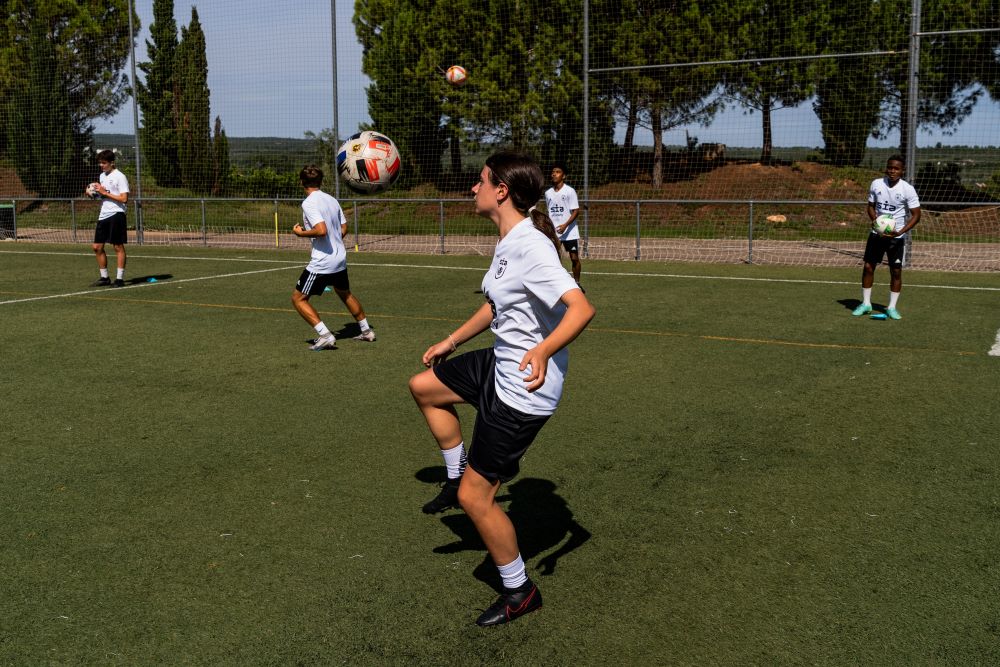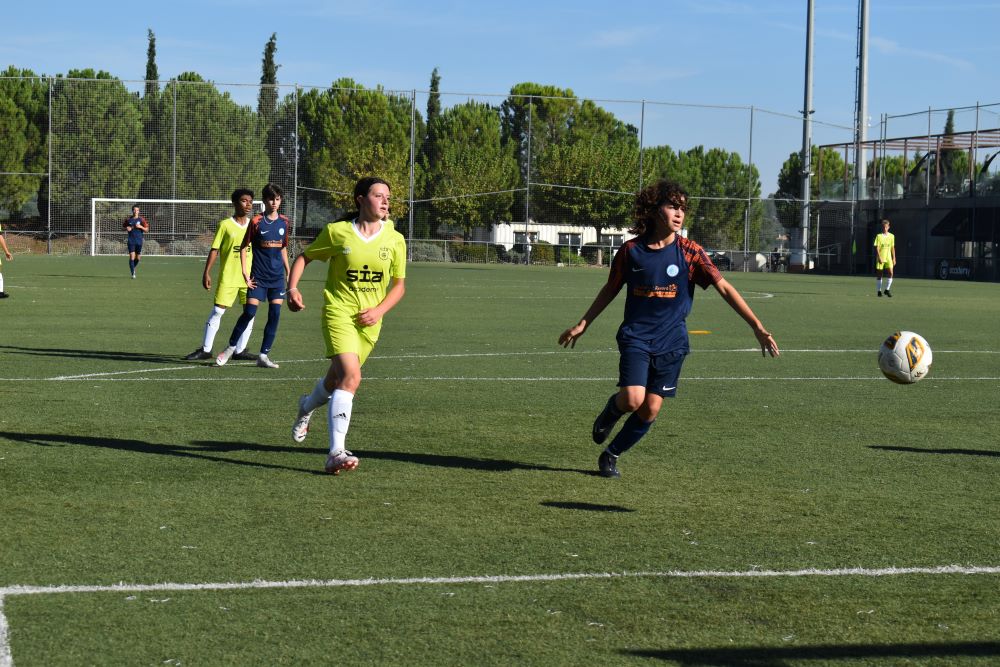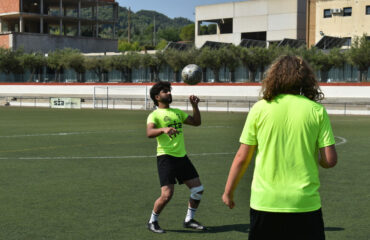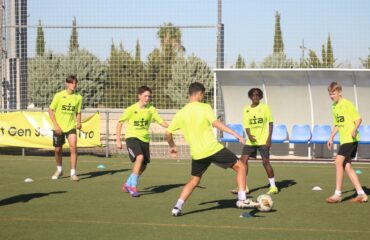Sports psychology: Psychological differences between men and women in the practice of sport.
It is important to note that the psychological differences between men and women in sport are not absolute and do not apply to everyone, as each individual is unique and can have a wide variability in their psychology and motivations.
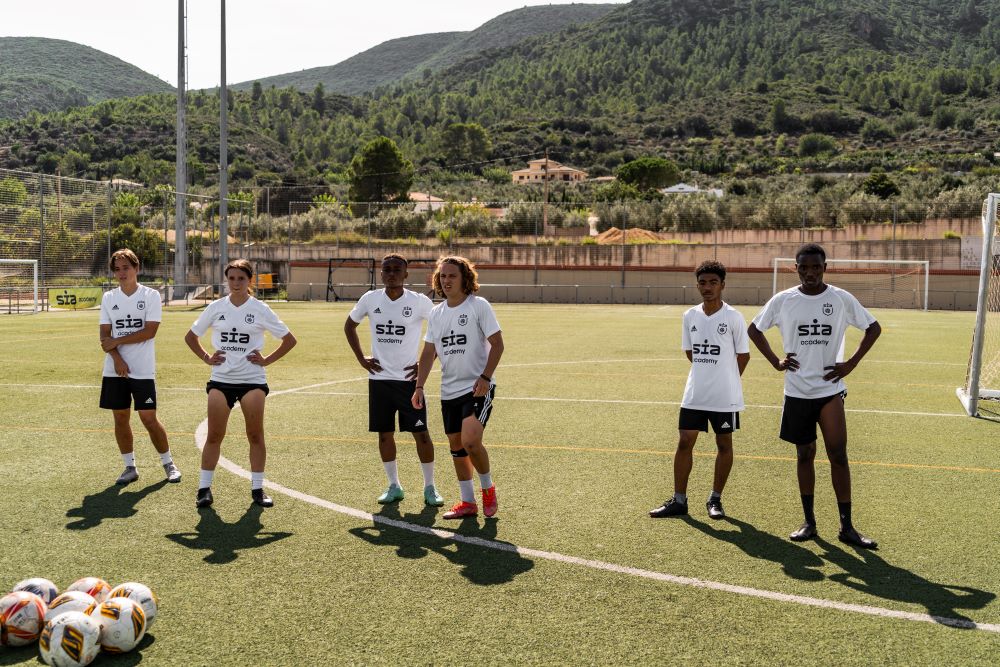
Are there any general trends and differences observed in the sport psychology of men and women?
1. Motivations for engaging in sport:
- Women: Often focus on socialising, improving health and fitness, and participating in a supportive and collaborative environment.
- Men: Tend to focus more on competition and performance, seeking challenges and the opportunity to measure their skills against others.
2. Self-confidence:
- Women: May experience lower initial confidence due to lack of sporting opportunities or gender stereotypes, but this confidence may increase with time and experience.
- Men: May sometimes have greater self-confidence in terms of sporting ability, which can lead to a greater willingness to take risks.
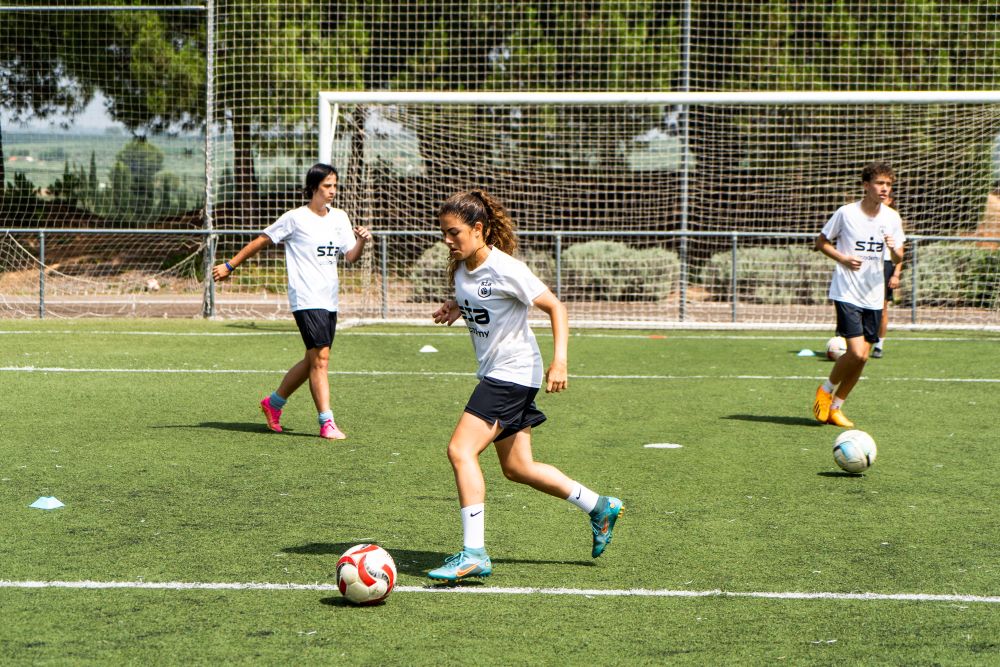
3. Coping with pressure:
- Women: may be more likely to seek social and emotional support to cope with pressure, often leading to greater group cohesion.
- Men: Tend to deal with external pressure more directly and competitively, sometimes taking a more “macho” approach.
4. Intrinsic motivation:
- Women: They tend to be more intrinsically motivated, enjoying the process and self-improvement.
- Men: Often motivated by personal achievement and competition with others.
5. Communication and emotional expression:
- Women: Have a tendency to be more open to emotional communication and may use sport as an avenue to express emotions.
- Men: They may be more reserved about expressing emotions, but sport can also serve as a way to release emotional tensions.
6. Goals and values:
- Women: They tend to value cooperation, teamwork and personal improvement over outright victory.
- Men: Often emphasise the achievement of specific goals and victory.
It is important to remember that these differences are general tendencies and that each individual may have a unique combination of psychological characteristics.
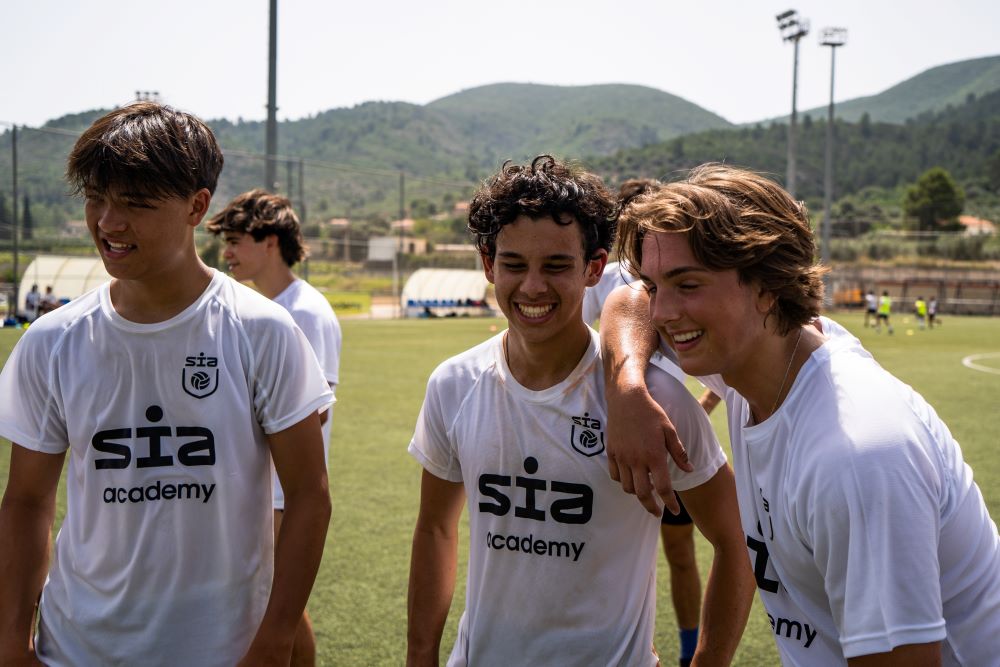
In addition, the influence of social and cultural factors on these differences is significant and may vary according to the culture and society in which an individual is located.
Ultimately, the most important thing is to recognise and respect the diversity of motivations and psychological styles in sport, regardless of gender.
How to work on psychological styles in sports practice?
Psychological styles in sport refer to the individual characteristics and personality traits that influence how athletes approach their training and competition.
These styles can have a significant impact on sport performance and the overall experience. Some of the most relevant psychological styles in sport are described below:
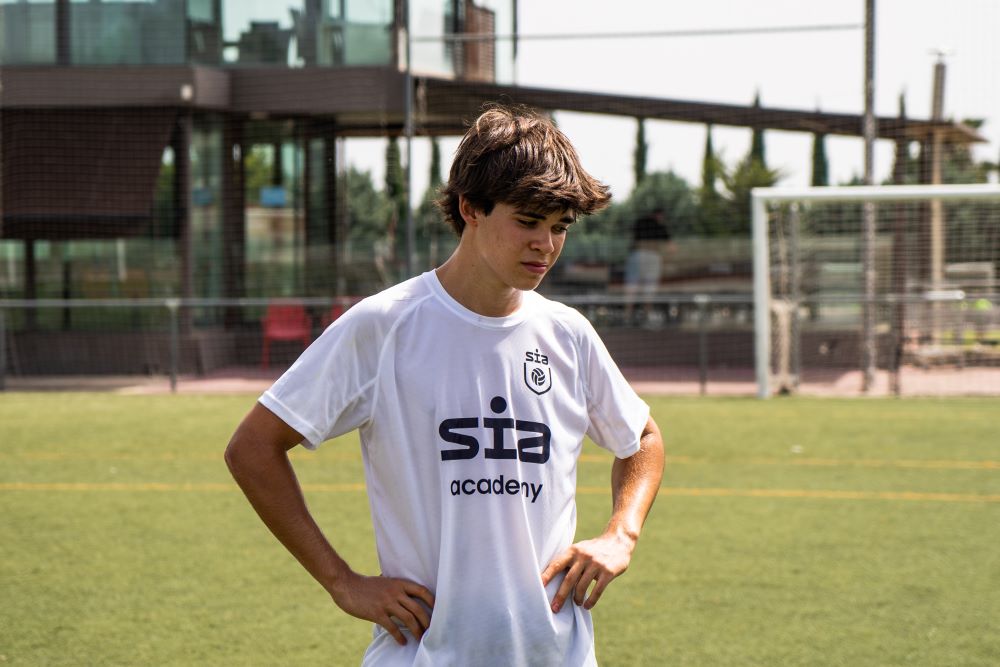
- Personality style: Personality, which can be extroverted, introverted, neurotic, etc., plays an important role in how one deals with sport.
- Intrinsic vs. extrinsic motivation: Some athletes are motivated mainly by internal factors, such as love for sport or the desire for self-improvement (Intrinsic motivation), while others may be more driven by external rewards, such as prizes or recognition (Extrinsic motivation).
- Coping style: How you cope with stress and pressure is crucial. Some may resort to healthy coping strategies such as planning and time management, others may experience difficulties in dealing with pressure and resort to less effective strategies such as avoidance.
- Perfectionism: They may be perfectionists, which can drive them to strive for high standards, but can also lead to excessive self-criticism and performance anxiety.
- Risk-taking: They are more likely to take risks in their approach to sport, which may lead to a greater willingness to try risky moves or strategies. Others may be more cautious and focused on safety.
- Competitiveness: The intensity of competitiveness varies among athletes. Some have a strong need to win and outperform others, while others may enjoy sport without necessarily focusing on competition.
- Focus on process vs. focus on outcome: They focus more on the process of improvement and daily work, while others may be obsessed with final results and victories.
- Training adherence: Consistency in training adherence is an important style in sports practice. Some are highly disciplined and consistent in their preparation, while others may be less consistent.
- Resilience: The ability to bounce back after defeat or adversity is fundamental in sport. Some may be able to overcome obstacles quickly, while others may have difficulty recovering emotionally.
